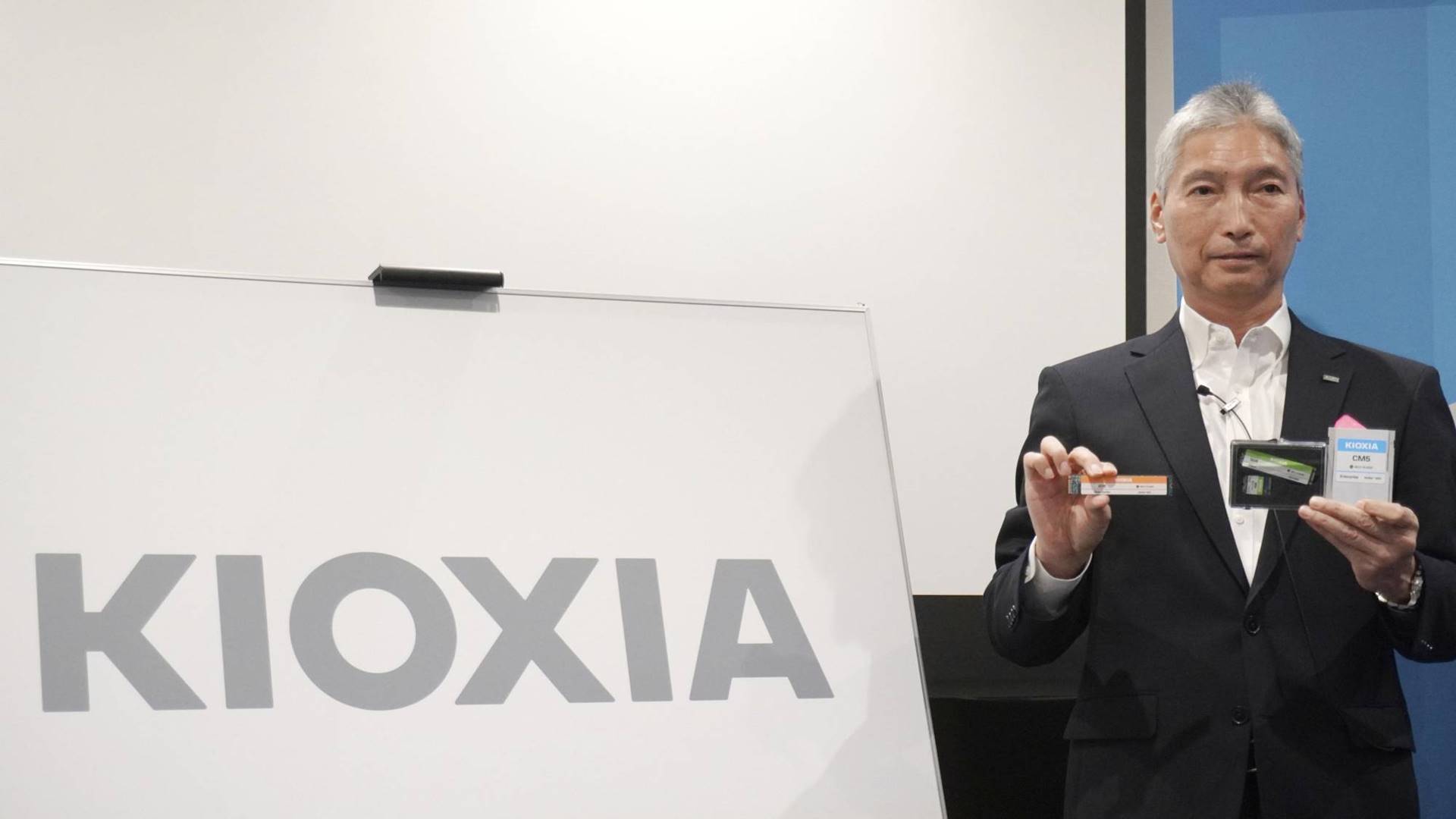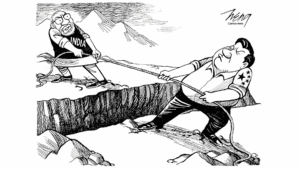Kioxia, formerly known as Toshiba Memory Holdings Co., said the decision was made after taking into consideration market volatility and the spread of the novel coronavirus, adding it will reconsider “the appropriate timing” for going public.

Kioxia had been scheduled to set its final pricing on Monday before a listing next month. Kioxia estimated earlier this month its IPO would raise as much as ¥306.7 billion.
But the company had to moderate its fundraising expectations because of a market buffeted by U.S.-China trade tensions. The company had originally projected an offering in August at ¥3,960 a share, but then lowered that to ¥2,800 to ¥3,500.
“While we received significant interest from many investors, the lead underwriters and Kioxia do not believe it is in the best interest of current or prospective shareholders to proceed with the IPO at this time of continued market volatility and ongoing concerns about a second wave of the pandemic,” Nobuo Hayasaka, president, and the chief executive officer said in a statement.
Toshiba shares fell as much as 8.6 percent in Tokyo trading.
Related Posts
Toshiba, a Japanese conglomerate founded in the 1800s, invented flash memory three decades ago but suffered a series of missteps in recent years. The Japanese company had to sell the business to a group of investors led by Bain Capital two years ago to pay for losses at its bankrupt nuclear power unit, though Toshiba retained a 40 percent stake.
The initial public offering by Kioxia had been expected to become this year’s largest in Japan with an estimated ¥1.5 trillion ($14 billion) in market capitalization.
The postponement came after the United States tightened the screws on China, restricting exports to China’s Huawei Technologies Co. due to security concerns. Kioxia is a supplier to Huawei.
After a series of steps taken under the Trump administration, the United States restricted Huawei from obtaining foreign-made chips developed or produced from U.S. software or technology.
Kioxia is the latest company sucked into the rivalry between Washington and Beijing, as its chip-making equipment uses U.S. technology. The bulk of its products is subject to the U.S. restrictions and cannot be shipped to Huawei.
Toshiba said it is not in a position to comment. The industrial conglomerate has said it will reduce the stake to 32.0 percent by selling some of its holdings.
Kioxia posted a net loss of ¥166.7 billion on sales of ¥987.2 billion in the fiscal year that ended in March 2020. In the three months to June, it logged a net profit of ¥1.7 billion on sales of ¥267.5 billion.
Japantimes / Balkantimes.press
Napomena o autorskim pravima: Dozvoljeno preuzimanje sadržaja isključivo uz navođenje linka prema stranici našeg portala sa koje je sadržaj preuzet. Stavovi izraženi u ovom tekstu autorovi su i ne odražavaju nužno uredničku politiku The Balkantimes Press.
Copyright Notice: It is allowed to download the content only by providing a link to the page of our portal from which the content was downloaded. The views expressed in this text are those of the authors and do not necessarily reflect the editorial policies of The Balkantimes Press.



